Title: The Purchase Price of Comfortable Work Shoes: Properties, Advantages, and Disadvantages Introduction: Comfortable work shoes are essential for individuals employed in various industries, including healthcare, retail, hospitality, and manufacturing. These shoes provide the wearer with adequate support, cushioning, and protection, reducing the risk of fatigue, injury, and long-term foot problems. While the purchase price of comfortable work shoes might seem higher than regular shoes, their numerous properties and benefits outweigh the initial investment. This article aims to explore the properties, advantages, and disadvantages of comfortable work shoes while considering their purchase price. 1. Properties of Comfortable Work Shoes: a. Support and Cushioning: Comfortable work shoes are designed to provide excellent support to the foot arches, minimizing strain on the muscles and ligaments. They often feature cushioning technologies such as gel inserts or memory foam to enhance shock absorption, reducing the impact on the feet and lower limbs.
safety ware
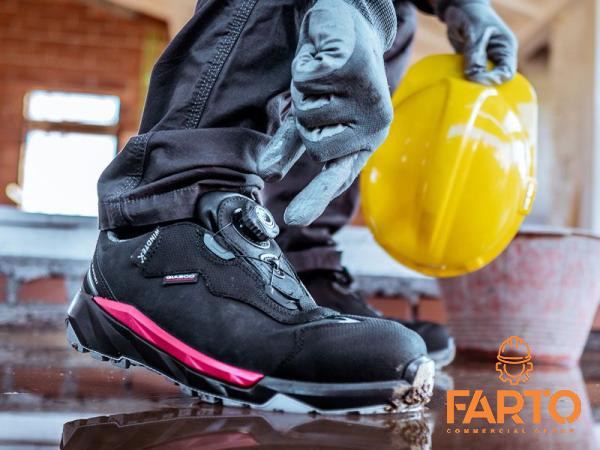 b. Foot Stability: Work shoes with features like firm heel counters and midsoles provide enhanced stability, reducing the risk of ankle sprains and twisted joints. These features help maintain proper gait and balance, especially in demanding work environments. c. Slip Resistance: Many comfortable work shoes feature slip-resistant outsoles, designed to provide better traction on various surfaces. This feature is particularly important for workers in industries such as hospitality, where slippery floors can pose significant risks. d. Breathability: Quality work shoes often incorporate breathable materials such as mesh or moisture-wicking fabrics to promote air circulation, minimizing foot sweating and unpleasant odors. This property helps keep the feet dry and comfortable throughout long working hours. e. Durability: Comfortable work shoes are built to endure extended use and withstand harsh working conditions. They are constructed with high-quality materials and reinforced stitching, ensuring a longer lifespan than regular footwear.
b. Foot Stability: Work shoes with features like firm heel counters and midsoles provide enhanced stability, reducing the risk of ankle sprains and twisted joints. These features help maintain proper gait and balance, especially in demanding work environments. c. Slip Resistance: Many comfortable work shoes feature slip-resistant outsoles, designed to provide better traction on various surfaces. This feature is particularly important for workers in industries such as hospitality, where slippery floors can pose significant risks. d. Breathability: Quality work shoes often incorporate breathable materials such as mesh or moisture-wicking fabrics to promote air circulation, minimizing foot sweating and unpleasant odors. This property helps keep the feet dry and comfortable throughout long working hours. e. Durability: Comfortable work shoes are built to endure extended use and withstand harsh working conditions. They are constructed with high-quality materials and reinforced stitching, ensuring a longer lifespan than regular footwear.
Specifications of safety ware
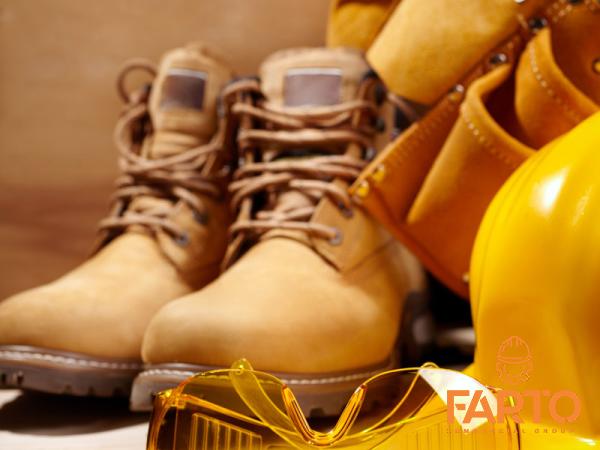 2. Advantages of Comfortable Work Shoes: a. Enhanced Comfort: The primary advantage of comfortable work shoes is the increased comfort they provide. By significantly reducing discomfort and fatigue, these shoes enhance productivity and work performance. By focusing on a comfortable work environment, employers can improve overall employee morale and job satisfaction. b. Protection and Safety: Comfortable work shoes offer exemplary protection against common workplace hazards, such as heavy objects, falling debris, and sharp objects. Reinforced toe caps and sturdy construction help minimize the risk of foot injuries, including fractures and punctures. c. Improved Posture and Alignment: Some comfortable work shoes are designed to correct posture and foot alignment issues. They can alleviate foot, ankle, and leg discomfort caused by inadequate support, preventing long-term complications like joint pain, bunions, and plantar fasciitis. d. Long-Term Financial Benefits:
2. Advantages of Comfortable Work Shoes: a. Enhanced Comfort: The primary advantage of comfortable work shoes is the increased comfort they provide. By significantly reducing discomfort and fatigue, these shoes enhance productivity and work performance. By focusing on a comfortable work environment, employers can improve overall employee morale and job satisfaction. b. Protection and Safety: Comfortable work shoes offer exemplary protection against common workplace hazards, such as heavy objects, falling debris, and sharp objects. Reinforced toe caps and sturdy construction help minimize the risk of foot injuries, including fractures and punctures. c. Improved Posture and Alignment: Some comfortable work shoes are designed to correct posture and foot alignment issues. They can alleviate foot, ankle, and leg discomfort caused by inadequate support, preventing long-term complications like joint pain, bunions, and plantar fasciitis. d. Long-Term Financial Benefits:
buy safety ware
 Although the initial purchase price of comfortable work shoes might be higher than regular shoes, their durability and extended lifespan make them a cost-effective investment. Avoiding frequent replacements and reducing the risk of foot-related health issues can save money in the long run. e. Industry-Specific Features: Comfortable work shoes are tailored to various industries, incorporating specific features relevant to different job requirements. For example, healthcare professionals may benefit from shoes with slip-resistant soles and antimicrobial properties, while construction workers may require steel-toed shoes for added protection. 3. Disadvantages of Comfortable Work Shoes: a. Higher Purchase Price: One of the main disadvantages of comfortable work shoes is their higher initial purchase price compared to regular footwear. While this might deter some buyers, it is important to consider the long-term benefits and potential cost savings associated with investing in high-quality, durable shoes. b. Style Limitations: While manufacturers are constantly improving the aesthetics of work shoes, some individuals might find the style options limited compared to regular footwear.
Although the initial purchase price of comfortable work shoes might be higher than regular shoes, their durability and extended lifespan make them a cost-effective investment. Avoiding frequent replacements and reducing the risk of foot-related health issues can save money in the long run. e. Industry-Specific Features: Comfortable work shoes are tailored to various industries, incorporating specific features relevant to different job requirements. For example, healthcare professionals may benefit from shoes with slip-resistant soles and antimicrobial properties, while construction workers may require steel-toed shoes for added protection. 3. Disadvantages of Comfortable Work Shoes: a. Higher Purchase Price: One of the main disadvantages of comfortable work shoes is their higher initial purchase price compared to regular footwear. While this might deter some buyers, it is important to consider the long-term benefits and potential cost savings associated with investing in high-quality, durable shoes. b. Style Limitations: While manufacturers are constantly improving the aesthetics of work shoes, some individuals might find the style options limited compared to regular footwear.
safety ware + buy and sell
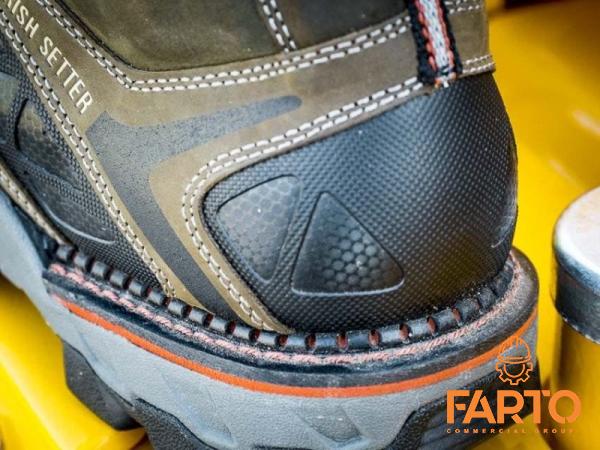 However, the emphasis should be on functionality rather than fashion in work environments where safety and comfort are paramount. c. Break-in Period: Comfortable work shoes, particularly those made from durable materials, may require a break-in period to mold and adapt to the wearer’s feet. This adjustment period might cause some initial discomfort until the shoes become fully comfortable. Conclusion: When considering the purchase price of comfortable work shoes, it is crucial to examine their properties, advantages, and disadvantages. These shoes offer superior support, cushioning, and stability, along with protection against workplace hazards. While the initial investment might be higher, the enhanced comfort, reduced risk of foot injuries, improved posture, and long-term financial benefits make comfortable work shoes a worthwhile purchase for individuals working in demanding industries. By valuing employee well-being, employers can ensure improved productivity and overall job satisfaction.
However, the emphasis should be on functionality rather than fashion in work environments where safety and comfort are paramount. c. Break-in Period: Comfortable work shoes, particularly those made from durable materials, may require a break-in period to mold and adapt to the wearer’s feet. This adjustment period might cause some initial discomfort until the shoes become fully comfortable. Conclusion: When considering the purchase price of comfortable work shoes, it is crucial to examine their properties, advantages, and disadvantages. These shoes offer superior support, cushioning, and stability, along with protection against workplace hazards. While the initial investment might be higher, the enhanced comfort, reduced risk of foot injuries, improved posture, and long-term financial benefits make comfortable work shoes a worthwhile purchase for individuals working in demanding industries. By valuing employee well-being, employers can ensure improved productivity and overall job satisfaction.


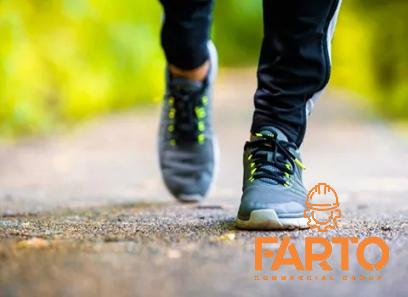
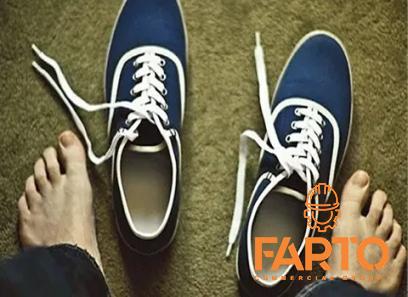
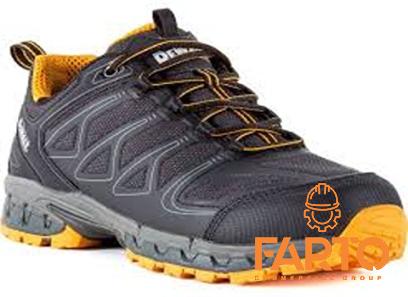
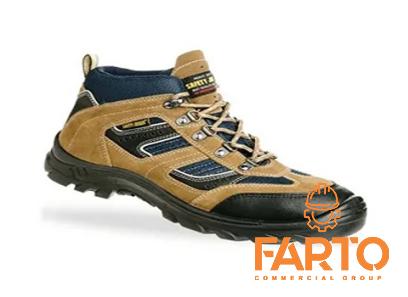
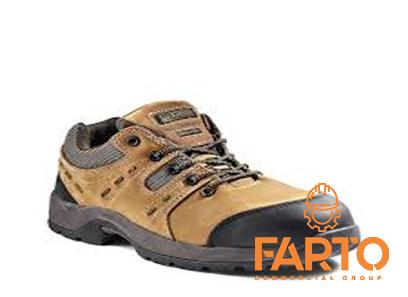
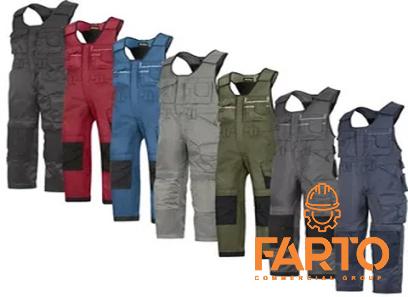
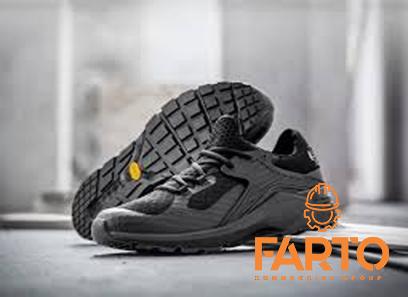
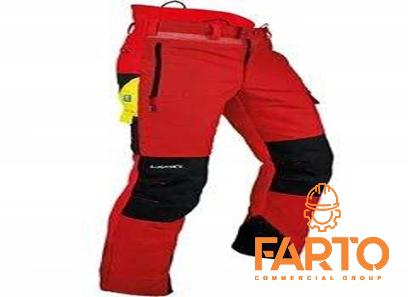
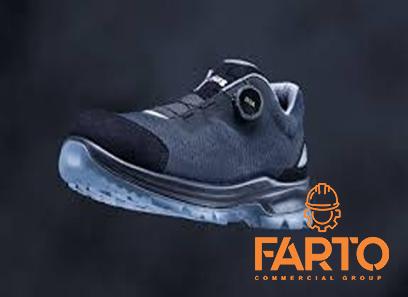
Your comment submitted.